Awards for Contribution or Service to the Society or Profession 2024
Penny Maher and Freya Garry have shown and passion and dedication to improving gender equity in the weather and climate community. In 2018 they set up the Women in Climate group at the University of Exeter. They saw a clear need for peer support for early career women in the weather and climate area at the university, where, at the time, there were very few female academic staff. At the time there was only one female permanent member of staff in the climate area in the department of Mathematics and Statistics. They worked tirelessly to set up a group and to provide the types of support that people wanted. They campaigned for funds within and outside of the university to run events, such as socials, training, and seminars. As early career researchers themselves, this work was above and beyond their normal job roles.
Over time, they were able to grow and expand the group and network to include colleagues from the Met Office, and now there are joint events, allowing the network to benefit from high profile speakers and additional peer support and mentoring. The network continues to thrive with support from Penny and Freya, and it has recently set up a group mentoring program to further benefit early career researchers and is expanding to ensure it considers issues that are common to many different minority groups in the network. The work that Penny and Freya have put into the Women in Climate group will have long-lasting impacts on the profession.
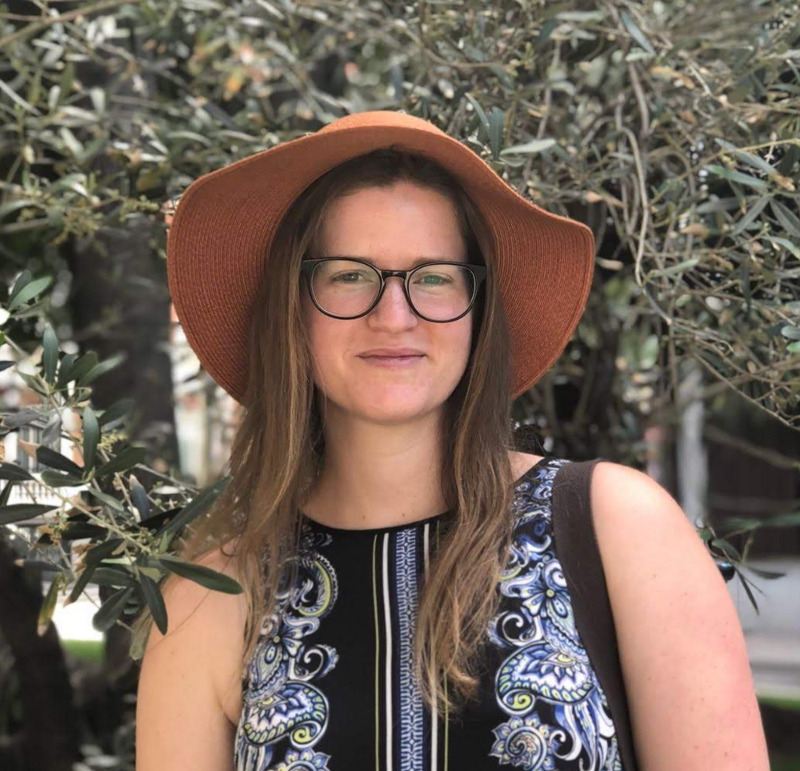
Dr Penelope Maher
Dr Penelope Maher Acceptance Message
I am very grateful to receive The Award for Outstanding Contribution to The Society or Profession for 2024 and to share in this award with Dr Freya Garry. We founded the Women in Climate (WiC) network at the University of Exeter in 2018 to build community and to support other women academics. Our initial goals were simple. We aimed to create a space to discuss the challenges we experience, to discuss the inherent biases we face in science and to share these experiences with others. As the network grew into a joint network with the Met Office, we rose to the occasion and expanded our reach. Our network regularly offers training, mentoring, networking, and showcasing some inspiring women academics at both the University of Exeter and Met Office. This month we celebrated our seven year WiC anniversary.
This award is a wonderful tribute the our network and acknowledges the work the organising committee has invested in the network over the years. I firmly believe that improving the representation of women in senior science positions is achieved on a local scale, by initiatives like WiC, who aim to support early career scientists. We won’t ever get parity in senior management if we loose talented women in their early and mid-careers. I am proud to have launched an initiative that has reached so many people. I am grateful to receive the award and I thank the Society for offering awards like this, which help recharge our efforts and support our community.
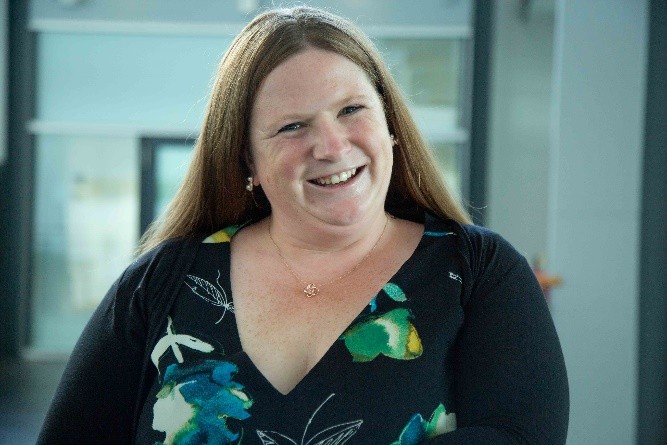
Dr Freya Garry
Dr Freya Garry Acceptance Message
It’s an honour to be awarded Outstanding Contribution to The Society or Profession with Dr Penny Maher. It’s been 7 years since we founded Women in Climate, when we started our work building our community in Exeter. Our network has always been open to people of all genders, as we want to everyone to understand the challenges around diversity in science and try to overcome them in their personal and professional lives.
We’ve been helped along the way by many other incredible women, and when I look back (which you can do on our Past Events website page!) it’s amazing how many inspiring meetings we have held over the years, on such a varied range of topics .
Weather and climate science is still not well gender balanced, particularly at senior levels, and there are many wider societal barriers to equity for women in science and society. However, finding inspiration from the experiences of mid to senior career women, and developing a network of support, really helps people progress to senior science leadership.
Diversity of thought is essential for high quality science and services for society; we need to bring together diverse people with a wide range of backgrounds, skills and experience to create effective weather and climate services that will help our diverse communities stay safe in our rapidly changing climate.
For nearly four decades, Richard Tabony has demonstrated a dedication to the Royal Meteorological Society with a significant influence on the running and evolution of the Society in Scotland. During his 36 years on the Scottish Centre Committee Richard expanded the reach and engagement of the Society’s activities, and in his role as Secretary established clear coordination structures.
Richard first joined the Scottish Centre committee in October 1988 and became Vice President for Scotland and Committee Chairperson from 1995 to 1997. During this time Richard sat on the Council and helped shape the overall strategic direction of the Society.
Richard then took up his long-lasting role of Scottish Centre Secretary in October 2006 which he held for 18 years until 2024. During this period Richard played a significant role in all workings of the Scottish Centre and laid the blueprint for its current structure. This included coordinating all the arrangements with invited speakers and ensuring they received a warm welcome, managing communication with members in Scotland and keeping them abreast of all upcoming events, and the significant role of secretariat for all workings of the committee.
When the Scottish Centre approved a decision to set up a sub-centre in Inverness, Richard acted as a key link between the main centre committee and the Highland subcommittee, lending his experience to ensure adoption of the RMetS and Scottish Centre aims and constitution.
Richard’s tireless work helped deliver full programmes of events in Scotland for members and non-members alike, and also helped organised occasional special commemorative events, including inaugurating a memorial seat to Alexander Buchan (Secretary of the Scottish Meteorological Society from 1860 to 1907 and first recipient of the Symons Gold Medal).
Richard has used his wealth of experience to offer support and insight to committee members, RMetS staff, and the wider membership to continue the evolution of the Royal Meteorological Society in Scotland. Of his many lasting legacies, Richard has been influential in the shaping and direction of the Scottish Centre committee to ensure the long history of Royal Meteorological Society in Scotland continues to develop.
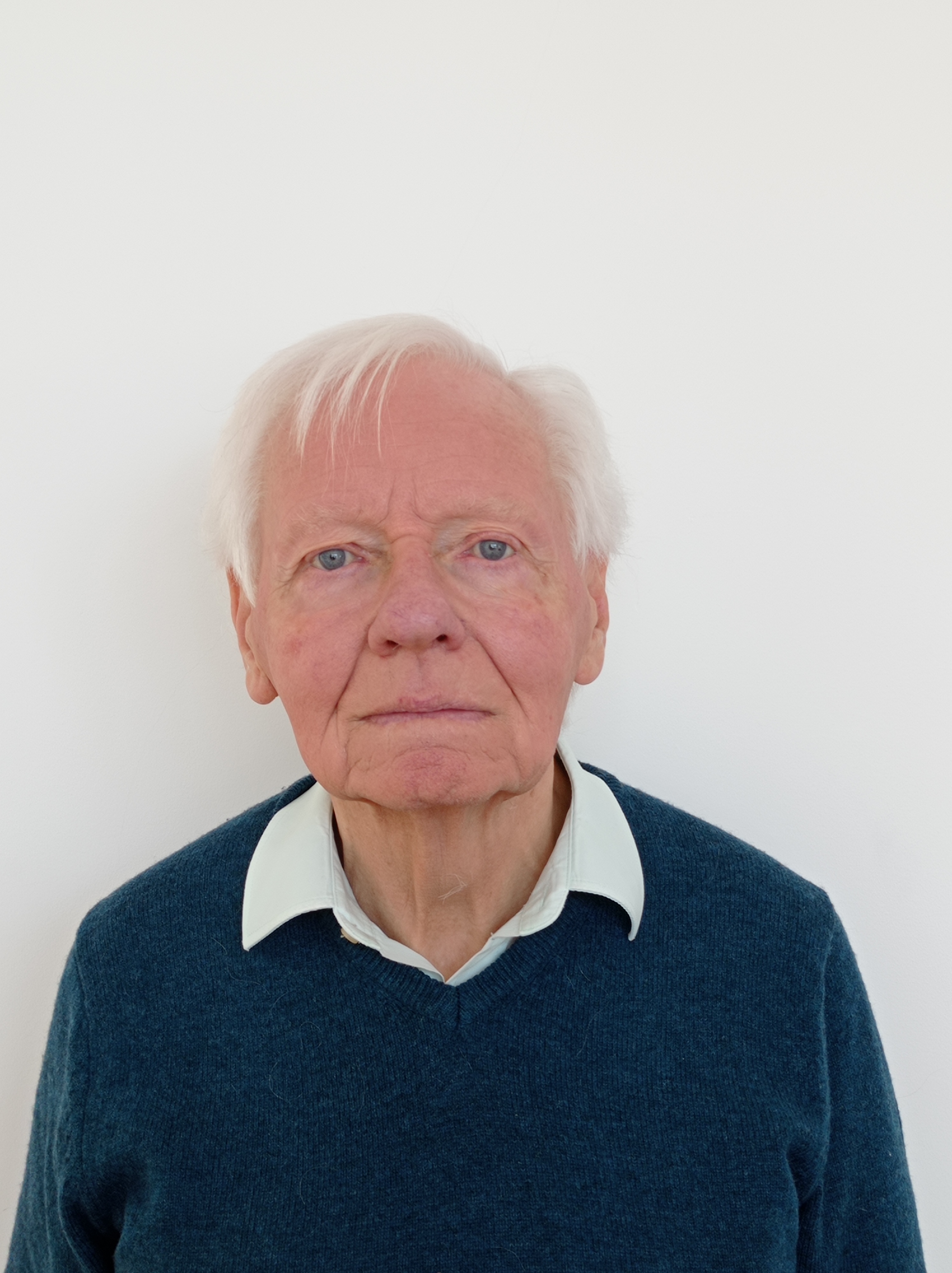
Acceptance Message
My interest in weather started in 1957 when I was 10. In 1959 the London Weather Centre opened, only a minute’s walk from home and my weather diary started with measurements taken from there. I was a regular visitor to the shop window, both at weekends and on my way to and from school.
I became a student member of the Society in 1964 and was taken to my first meeting at Cromwell Road by TV weatherman Trevor Davies, where I was introduced to Hubert Lamb. Eminences such as Ernest Gold and Richard Scorer were also present. In those days a young scientist would present a paper and would be mercilessly grilled by the great and the good in the front row.
Soon after the meetings changed to their present format and I attended about a couple per year. When I moved to Edinburgh in 1986 I attended the Scottish centre meetings on a regular basis. Upon my retirement from the Met. Office in 2006, it seemed only natural that I should be Marjory Roy’s successor as secretary. As I no longer had a day job, I had plenty of time for the secretarial duties and it was a labour of love. The committee meetings were stimulating and I found myself among kindred spirits. Engagement with the speakers via the initial correspondence and later at dinner after the talks were highlights. Much of the success of the Scottish centre was due to the committee members who pursued their own passions and produced excellent ideas for speakers.
As an Early Career Researcher, Kanzis has pro-actively involved herself with the Society over the last couple of years. She is a committed member of the Youth and Early Career Special Interest Group, getting involved in the creation of a series of videos about ‘Communicating your Science’ which included planning the content and appearing in a video.
She was co-chair of the 2024 Early Career and Student Conference, a role which involved running meetings of the committee, reviewing abstract submissions and organising the sessions. She helped plan and execute the first social event of the conference, including a quiz - a highlight of the conference that greatly contributed to the social atmosphere of the event. During the conference, she also took part in a panel session on 'Opportunities and Challenges of Science Communication', speaking eloquently and candidly about her experiences with science communication as an early career researcher. She shared how public speaking was out of her comfort zone but something she pushed herself to do, which greatly resonated with the audience.
Kanzis also took part in the Society's 'Is a PhD for me?' webinar, where she shared her experiences in choosing and applying for a PhD and took questions from an engaged audience. She was part of the organising committee for this event, helping to shape its format and suggesting topics for inclusion.
When speaking to Kanzis, it is clear that she is a passionate and determined PhD student, who takes advantage of all opportunities to engage with the Society, grow her network, improve her skills and share her passion for weather and climate with others.

Acceptance Message
Receiving this award has come as a surprise but I am truly delighted to accept on behalf of the work that I’ve carried out with the society. When I started my PhD studies at the University of Strathclyde (Glasgow) I looked for ways to integrate myself in the wider meteorological community, as the central hub for weather and climate is based in southern England. I wanted to ensure that I could make connections, build a network and most importantly find community with other like-minded individuals. This pursuit led me to RMetS and launched my volunteering journey.
In July 2023 I attended the RMetS ECS conference and presented my PhD research for the first time. In all honesty I was terrified as I have always struggled with public speaking. Despite my nerves I presented my talk and was pleased to receive lots of interest, supportive comments, and useful feedback. I had such a positive experience that I volunteered to organise and co-chair the conference the following year. Through being on the organising committee and the Scottish representative on the Youth & Early Career SIG I have grown my network, made friends and had the chance to be involved in exciting projects. My PhD journey to becoming a researcher has been made more fulfilling by the work I’ve carried out with RMetS. I am forever grateful to have been afforded such opportunities and given a platform to let my voice be heard.
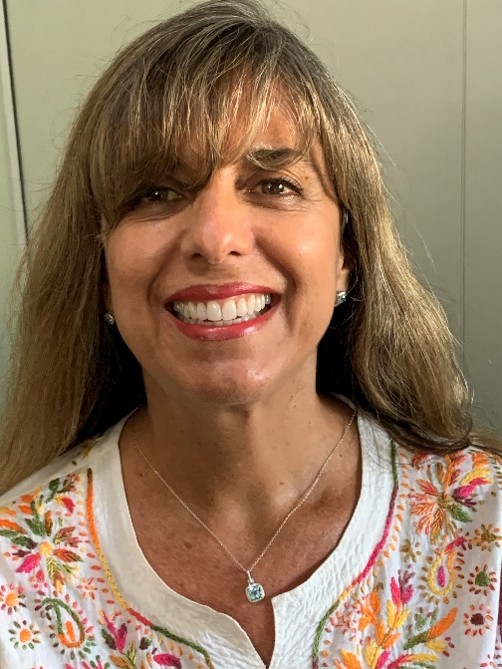
I am deeply honored to accept the RMetS Meteorological Applications Editors’ Award for 2024 in recognition of my work as Associate Editor. This award carries immense significance for me, as it celebrates not only individual effort but also the collective dedication to advancing applied meteorological sciences.
During my time as Associate Editor, I've been dedicated to promoting clarity, rigor, ethical principles, and collaboration in our editorial processes. It has been a remarkable experience that has allowed me to assist in enhancing knowledge exchange and promoting evidence-based understanding. I am grateful for the opportunity to work alongside talented colleagues and contributors, from whom I have had the privilege to learn impactful and high-quality scientific research.
I share this honor with Editors-in-Chief, Cristina Charlton-Perez and Dino Zardi, who have supported my work throughout this journey. Their guidance and professionalism have been invaluable, and I am fortunate to have collaborated with them.
Thank you once again for this prestigious award. I'm excited to continue working together to advance the field of meteorological sciences.
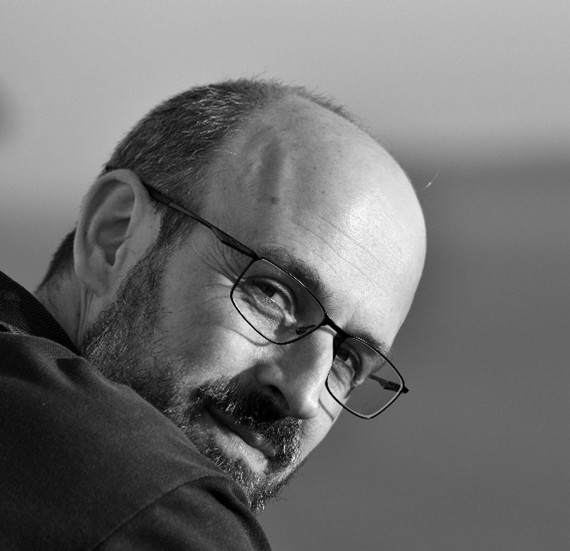
I very much appreciate receiving the QJ Editors' Award for 2024, and it's really a great pleasure to accept it. I am grateful to all the Chief Editors I had the pleasure to work with during my 15 years of activity as Associate Editor. I thank also the whole editorial staff of the QJ, always available, helpful and supportive. At the end of last year, I decided it was time to step down after so many years, but I must sincerely say that being part of the QJ Editorial Board has been a very stimulating duty and a great opportunity to learn. It has been an honour to contribute to maintain the QJ at its high scientific level, and I wish all the best for the future.
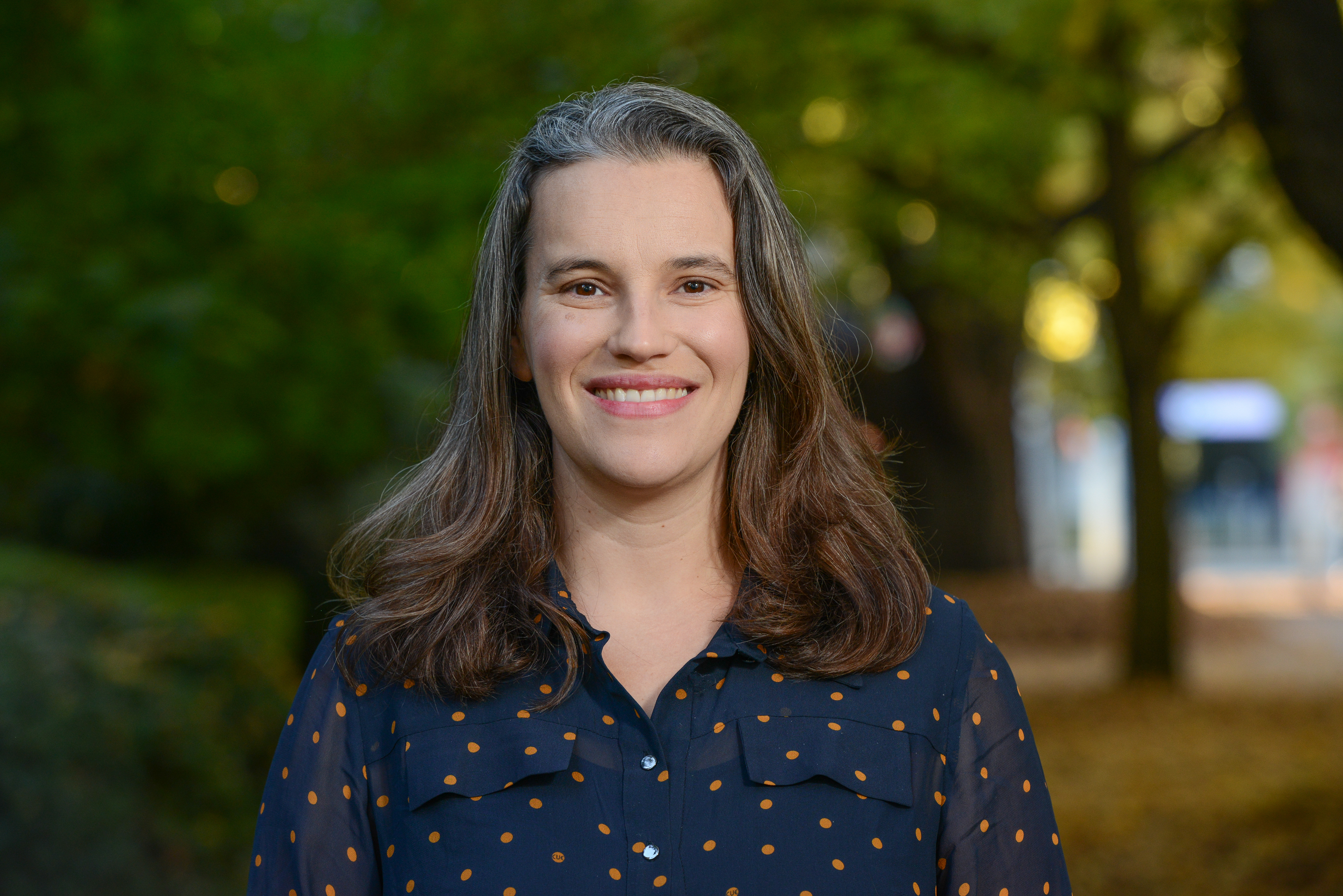
Many thanks to the Royal Meteorological Society and the GDJ Editorial Board for this award. It’s been a joy to support GDJ over the past eight years. Datasets are the backbone of geoscience research. So much work goes into collecting, preparing and sharing these datasets, yet often this effort goes unrecognised. Geoscience Data Journal allows careful, dedicated data preparation to be properly acknowledged. The publication improves data availability and traceability, and makes geoscience research more accessible for all.
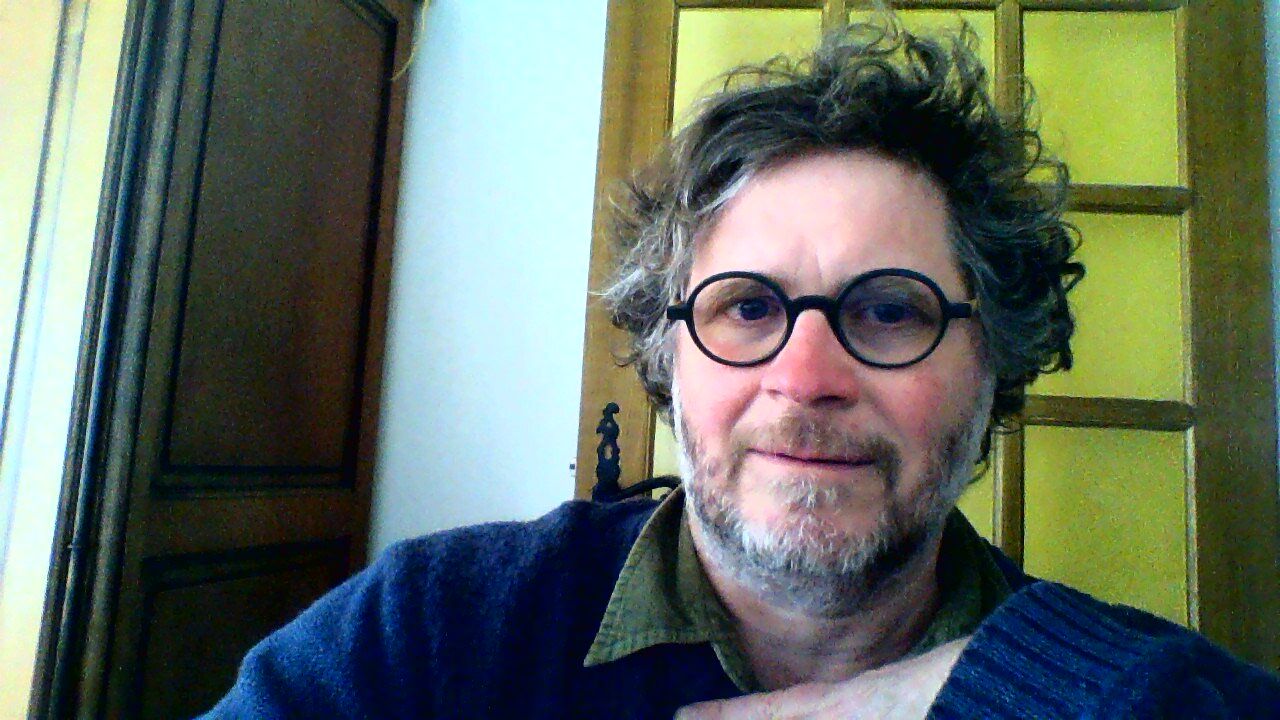
I am deeply honoured to accept the RMetS International Journal of Climatology Editors’ Award for 2024. I am always very happy to serve the climate community through article peer-reviews. As an Associate Editor, I note also that this essential task is not always sufficiently taken on by my colleagues. I think, however, that it is an essential building block in establishing the state of the scientific art. This is particularly true in today's world, where science in general is both under institutional attacks in some countries, and faces considerable challenges as the anthropogenic global warming. This acknowledgment encourages me to continue serving the community through reviews in my domains of expertise and research for reviewers in order to maintain the top quality of the International Journal of Climatology and contribute modestly to the climate science.


